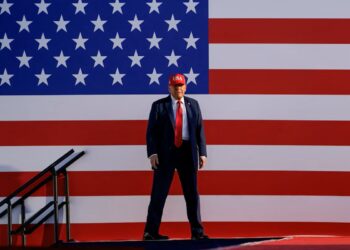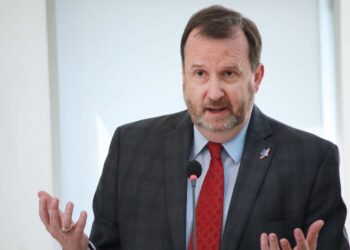Washington D.C. – Saturday, March 29, 2025, the Chinese American Museum in Washington, D.C. welcomed forensic legend Dr. Henry C. Lee for an exhibition themed “Making the Impossible Possible.” Guests from various professions were present not only to honor Dr. Lee’s lifelong work but also to witness how a life shaped by perseverance can ripple across continents and generations.
The exhibition opened with brief remarks from former U.S. Ambassador Michael Ussery, a board member of the Chinese American Museum, who spoke about the museum’s growing impact and its efforts to share meaningful stories within and beyond the Chinese American community.
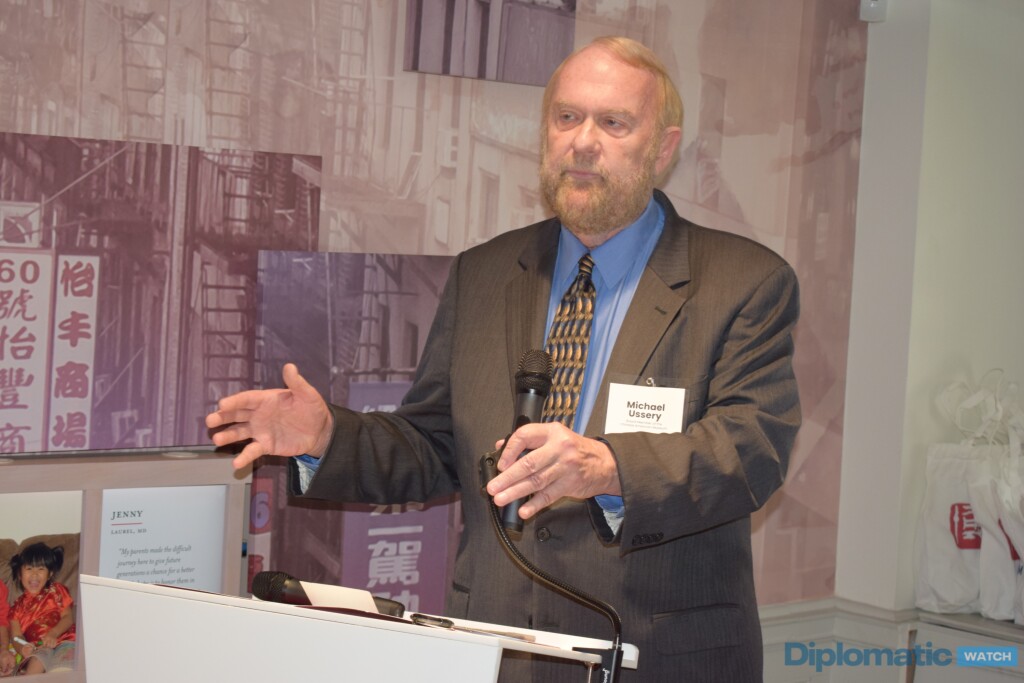
Dr. Lee’s name has long been linked to justice. With over 7,000 major case investigations across 50 states and 30 countries, his influence on forensic science is unmatched. From the JonBenét Ramsey murder to the Chandra Levy case, from Elizabeth Smart’s kidnapping to a reinvestigation of President Kennedy’s assassination, his contributions have shaped courtroom outcomes and public trust in forensic inquiry. As the founder of the Henry C. Lee Institute of Forensic Science and a professor at the University of New Haven, he has trained a new generation to examine evidence not just with skill, but with courage.
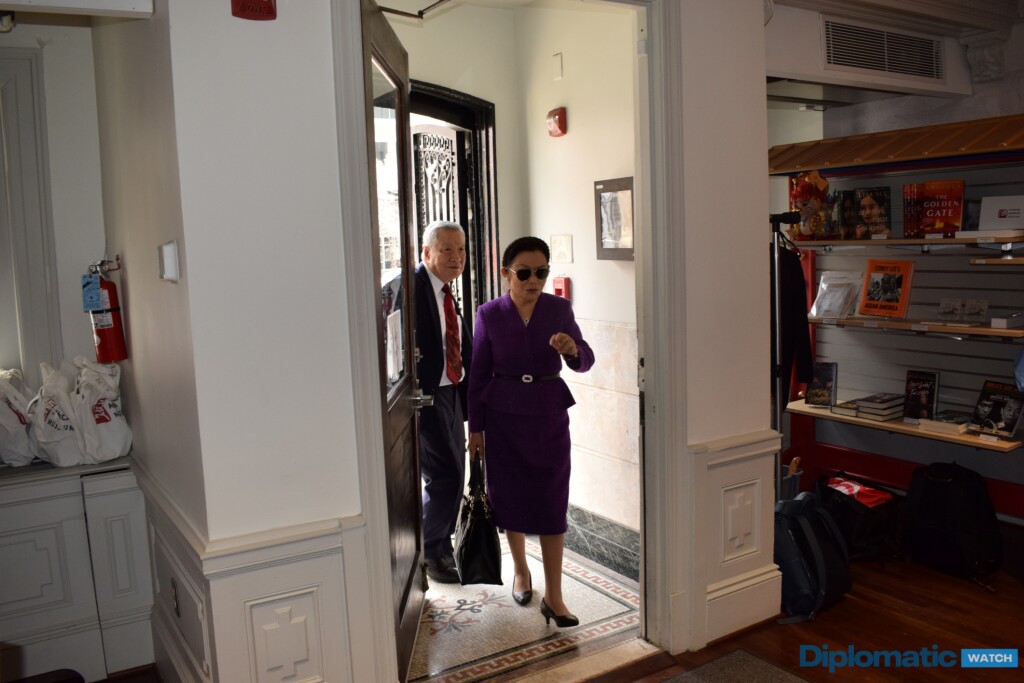
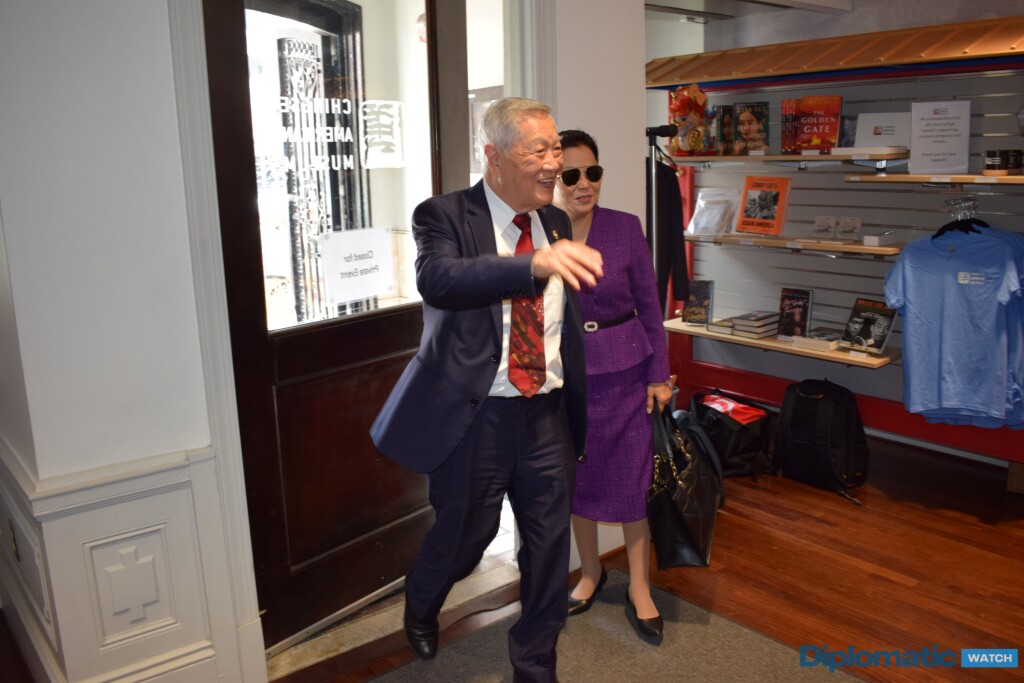

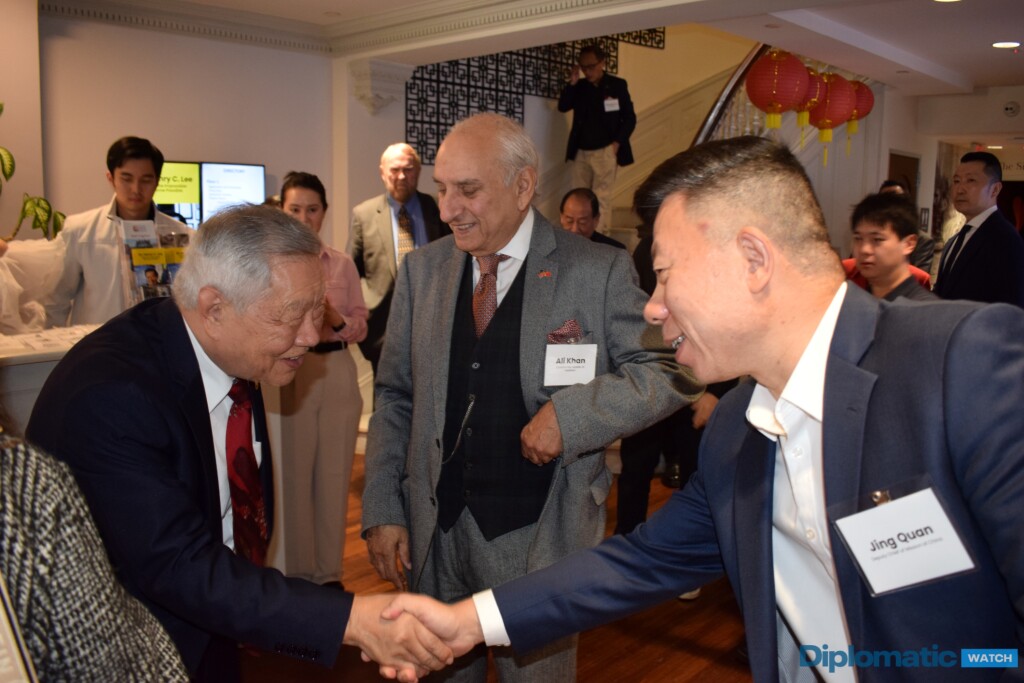
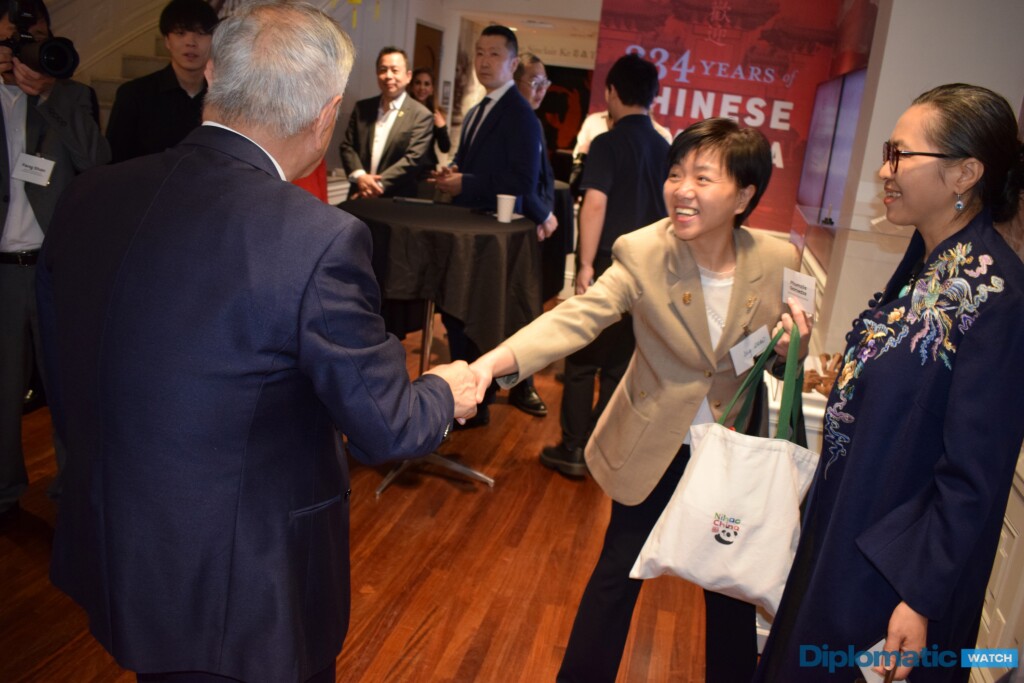
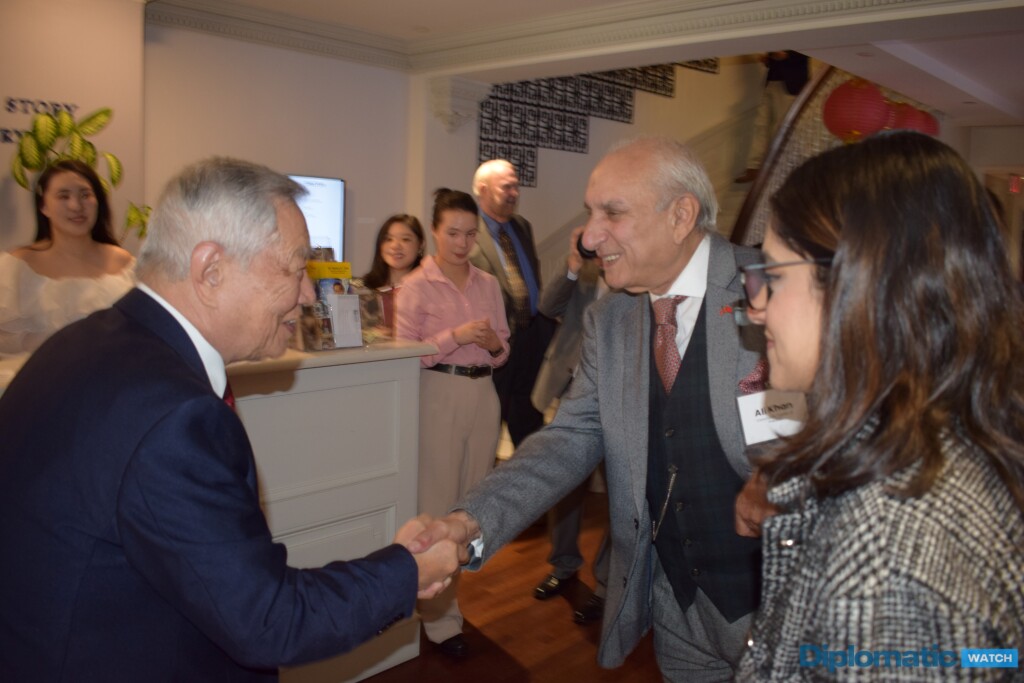
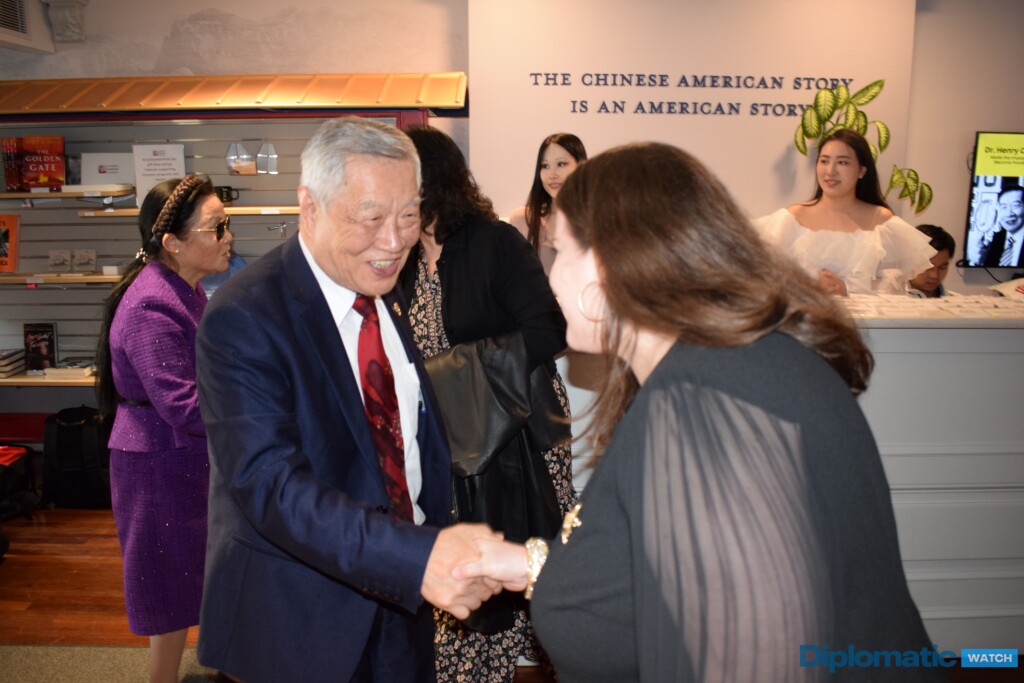
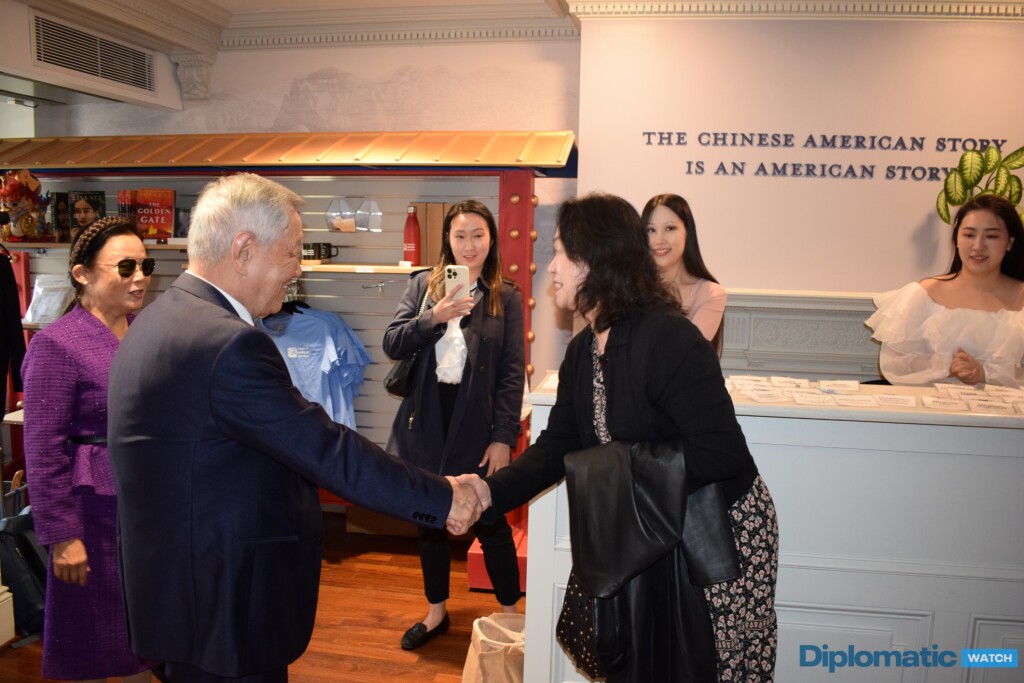
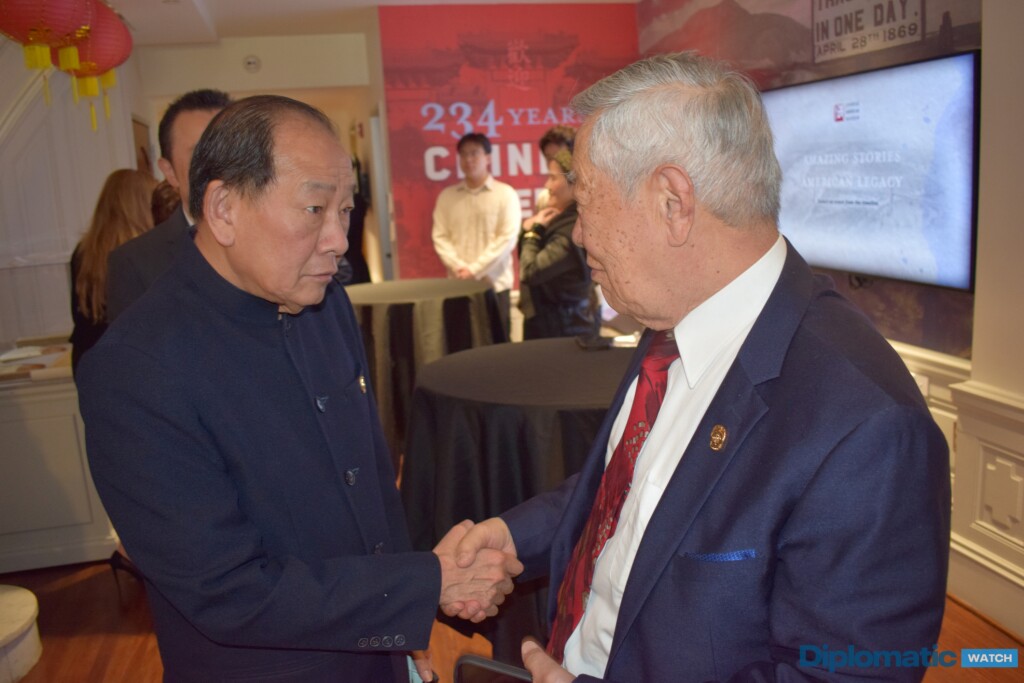
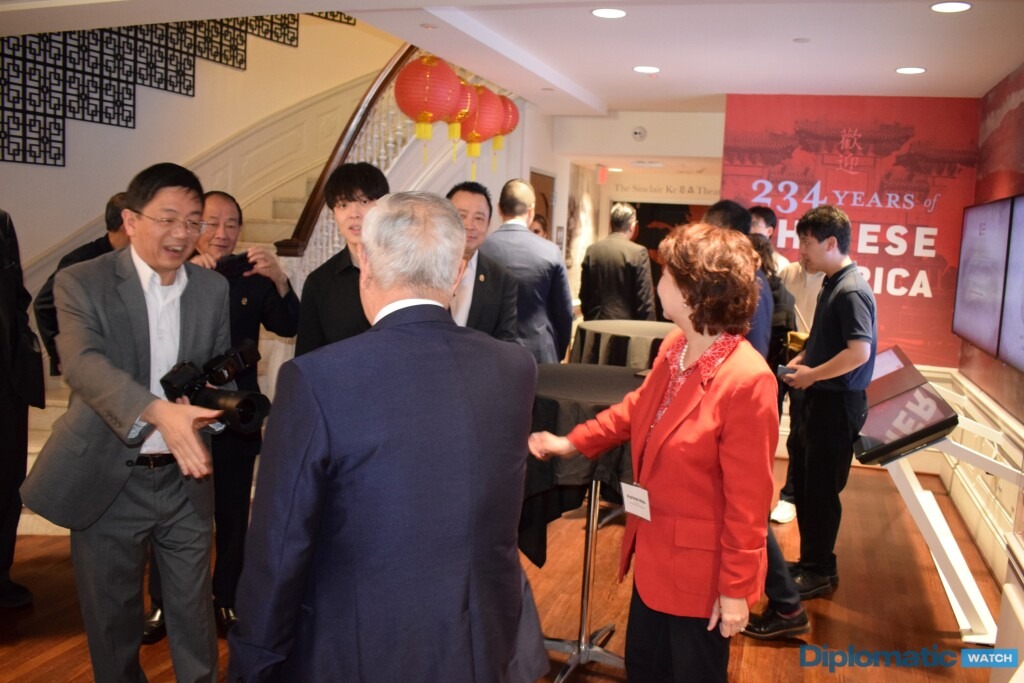
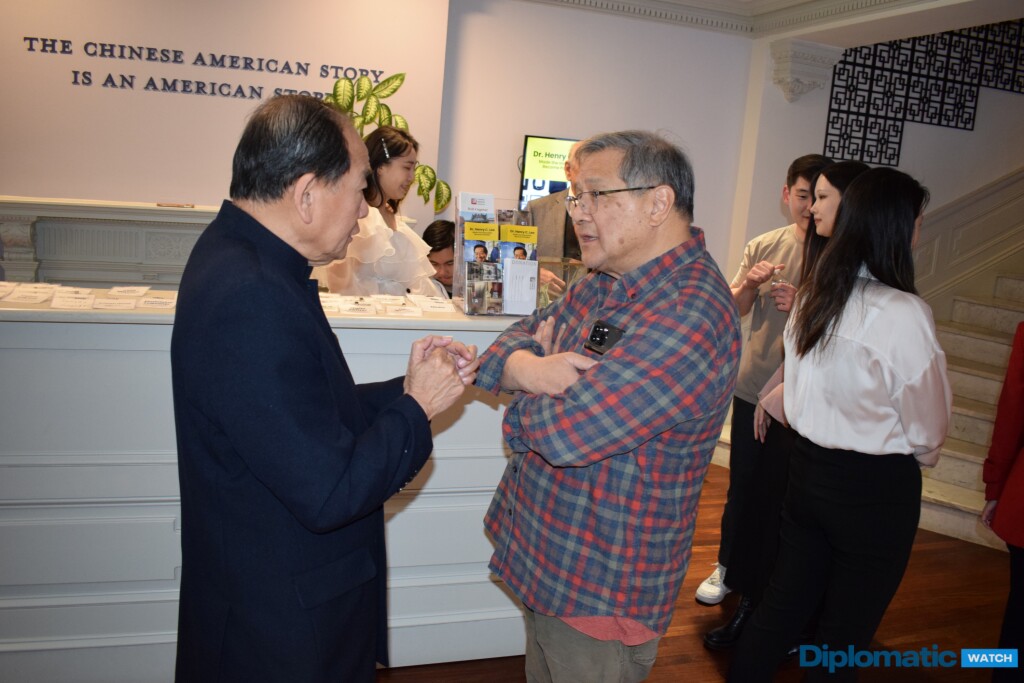
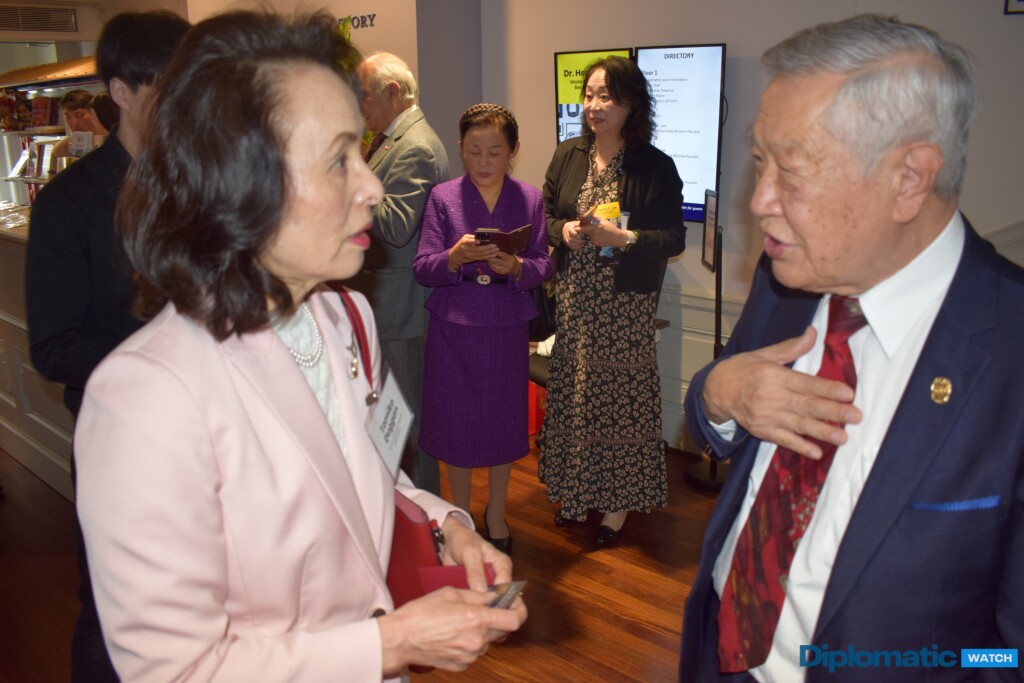
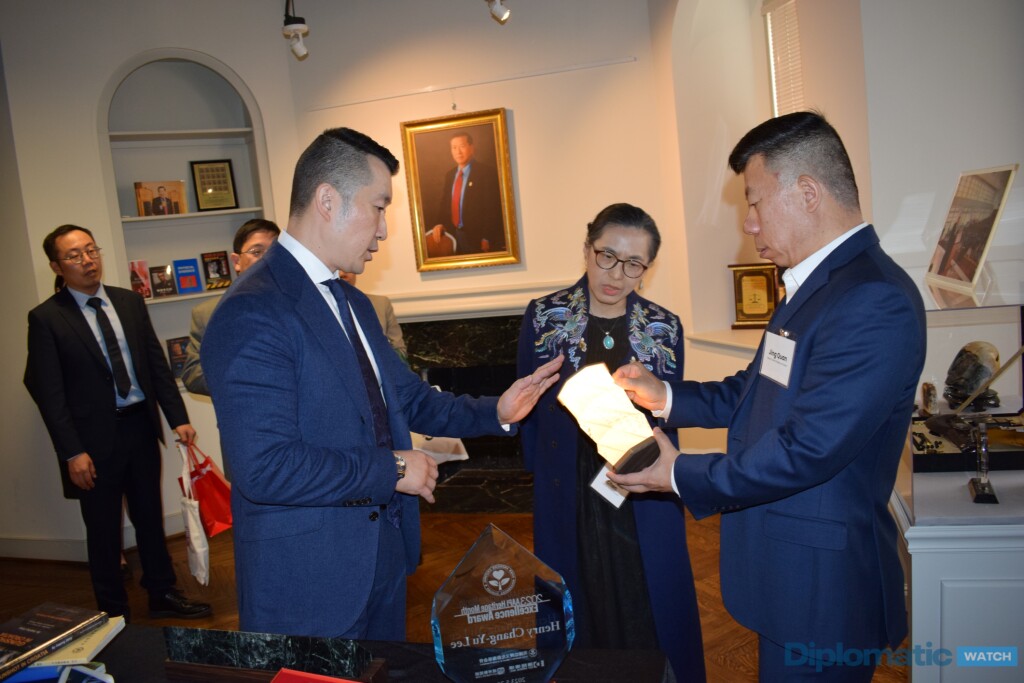
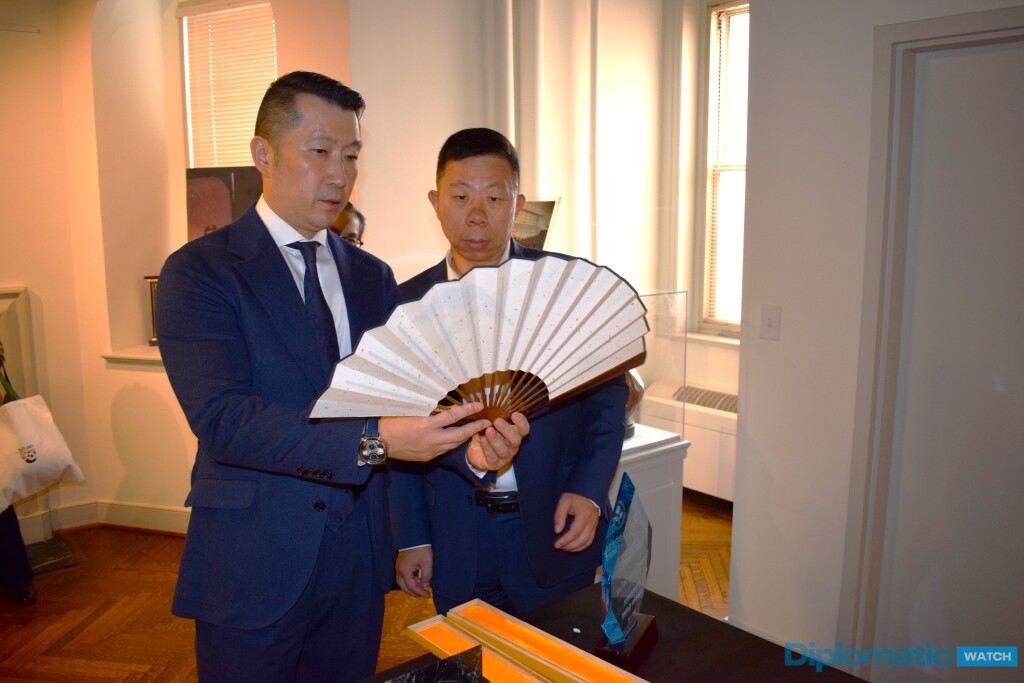

At the heart of his speech, Dr. Lee turned attention away from his accolades and toward resilience. He reminded the audience that the true spirit behind his exhibition wasn’t his resume, but the journey behind it. “The exhibition is not for me,” he said. “The theme is to make the impossible possible.” He spoke candidly about the struggles many immigrants face upon arriving in America. “Some give up,” he noted. But he recalled the words of his mother as a turning point: “Where it seems so tough, don’t give up. One thing you should not do is to give up.”
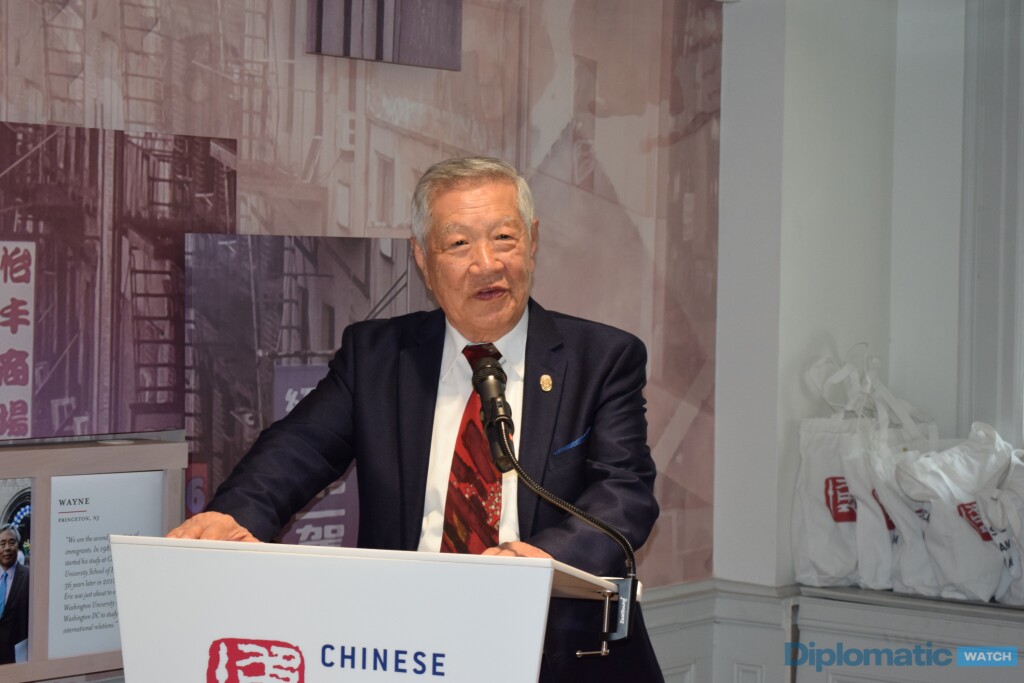
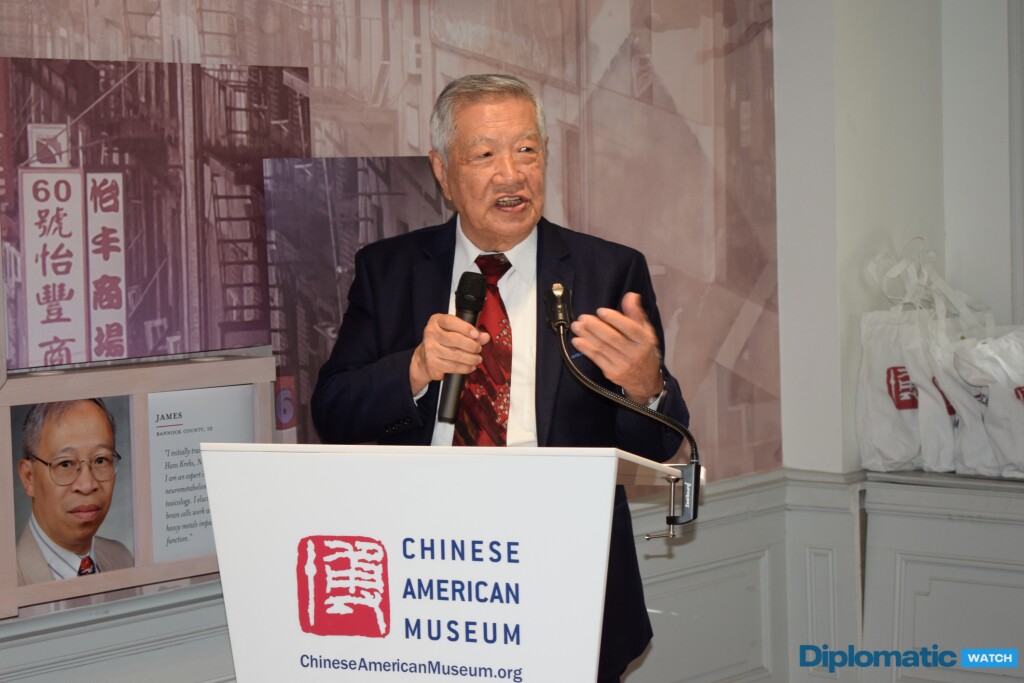
Furthermore, Dr. Lee reflected on his near-death experiences, personal challenges, and the role of family and mentors in shaping his life. He recognized those present from the Chinese Embassy, the museum leadership, colleagues, and his wife and family.
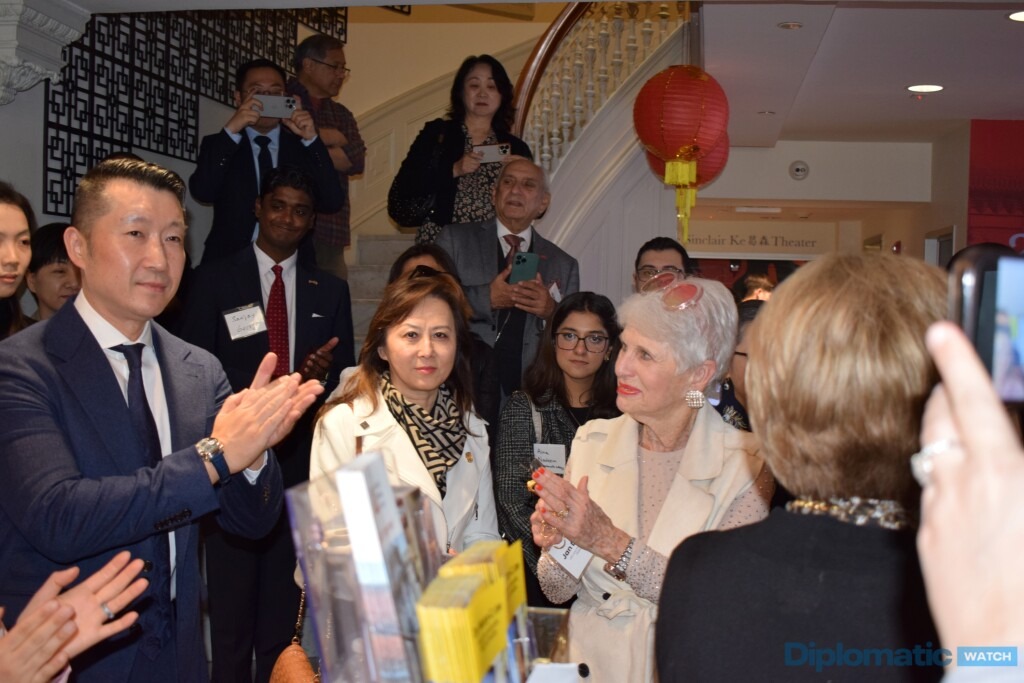
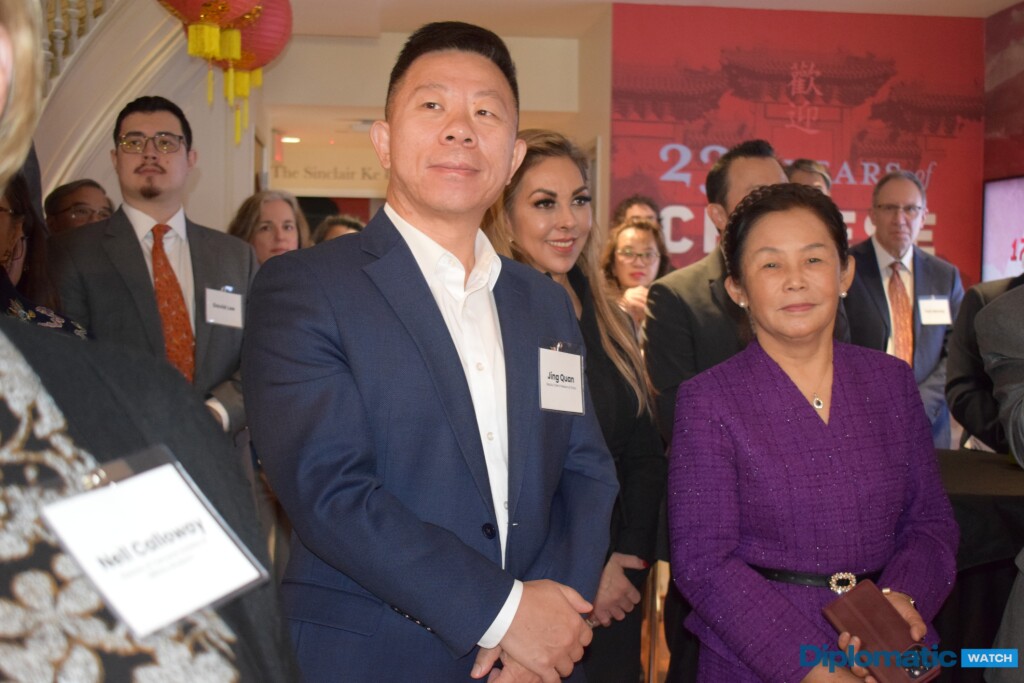
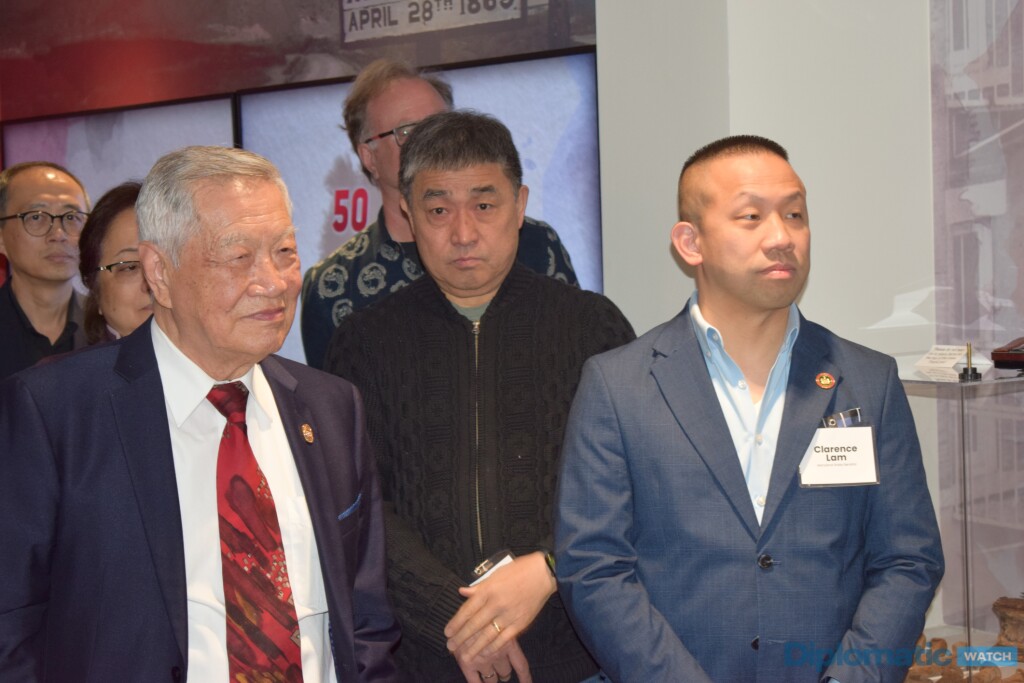
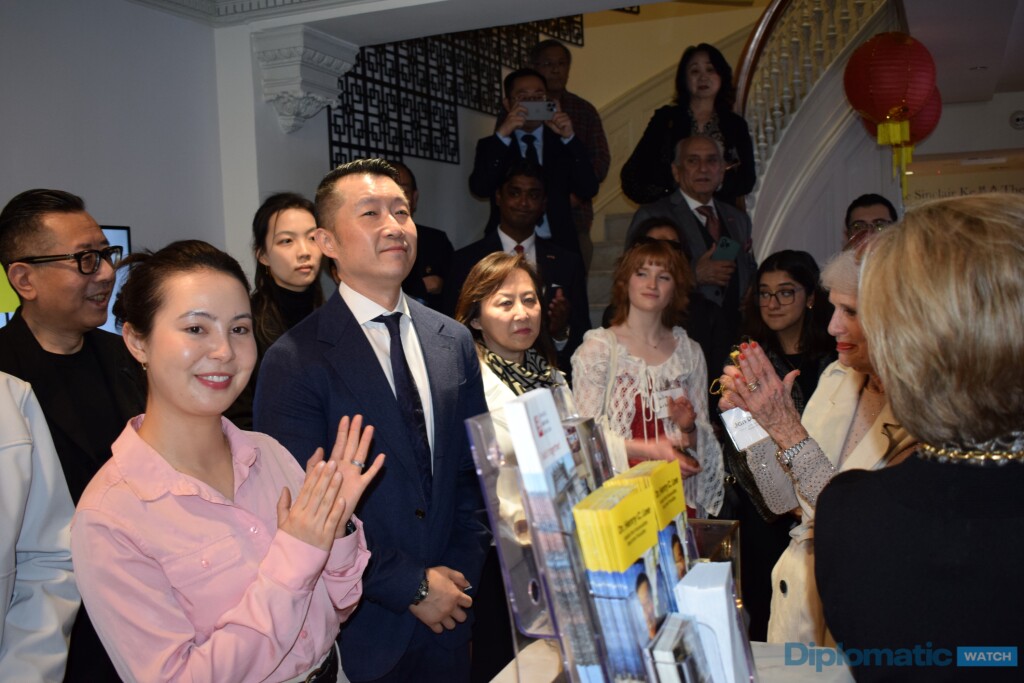
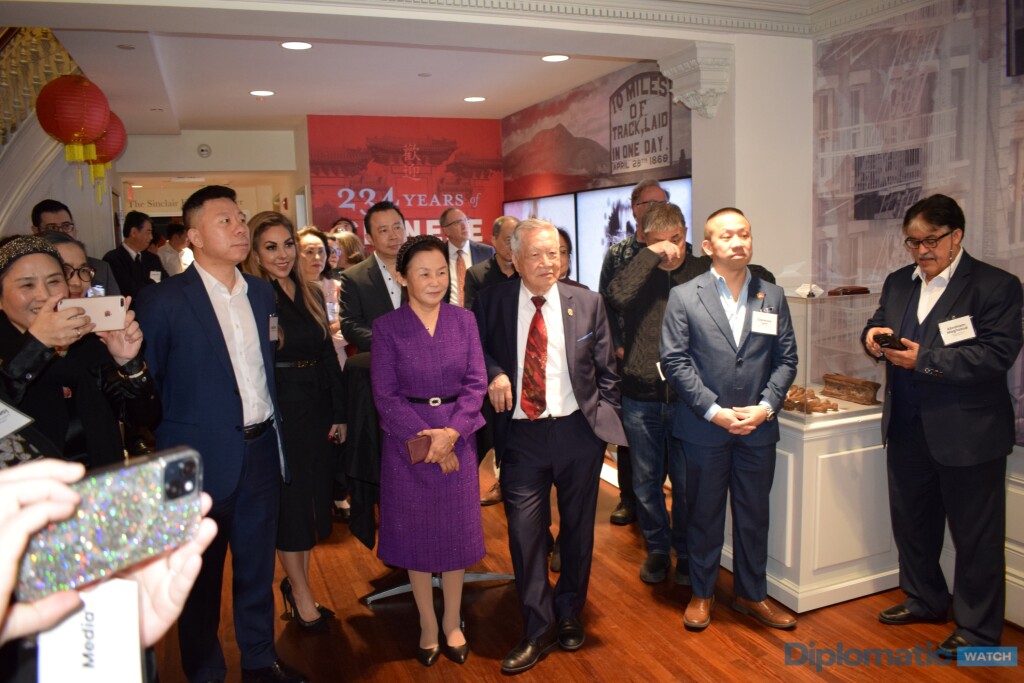
As he concluded, Dr. Lee directed his message to young people, urging them to stay the course through hardship and uncertainty. “This is not a day to talk about the many cases,” he said, focusing instead on the future and the hands that will carry forensic science forward.
Following his remarks, Karina Hou, Vice President of the museum, welcomed a group of Honorary Advisors who had contributed to the success of the exhibition. Dr. Lee presented each of them with personal gifts. The honorees included:

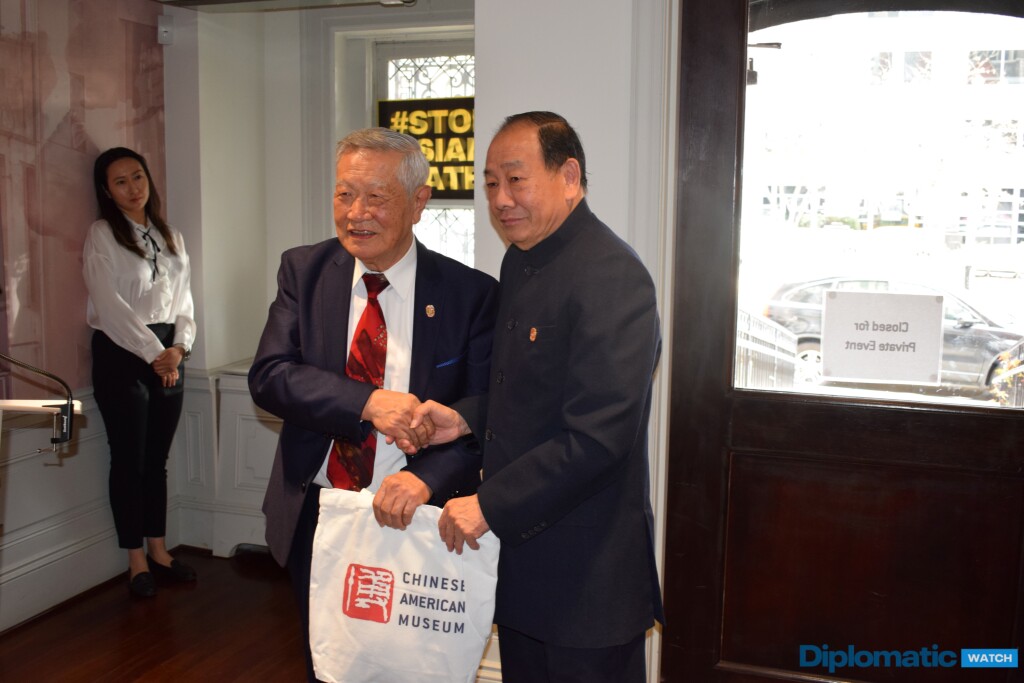
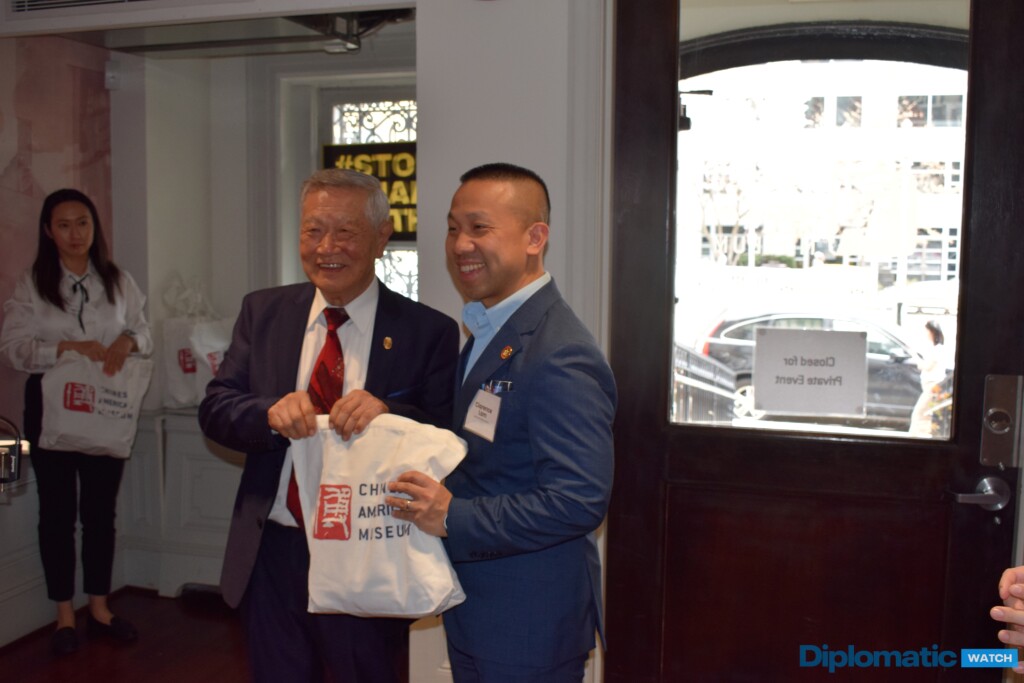
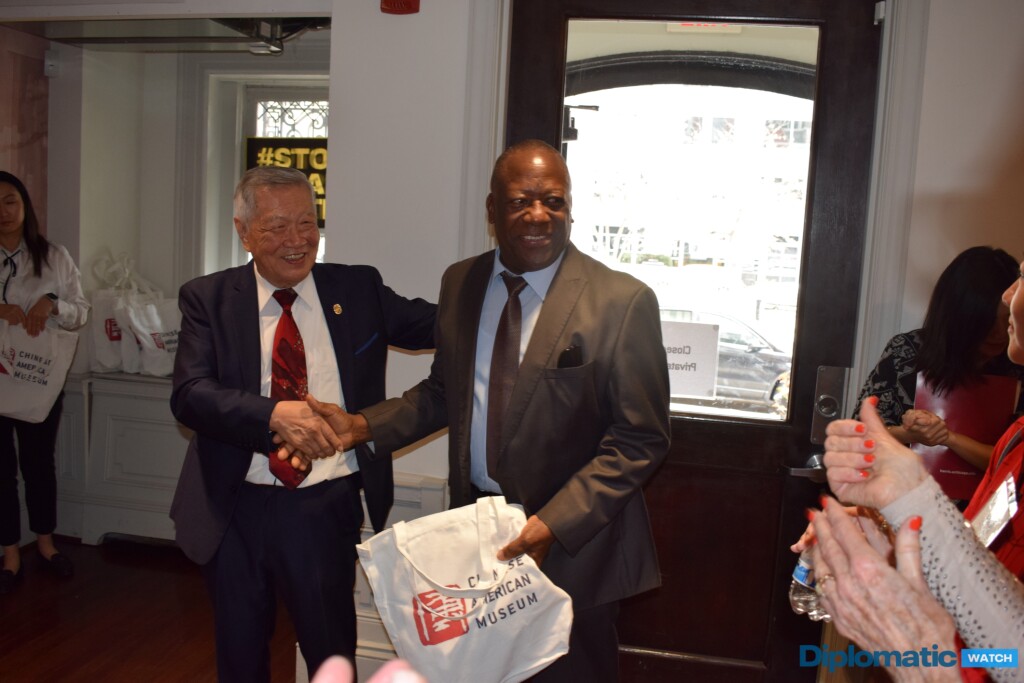

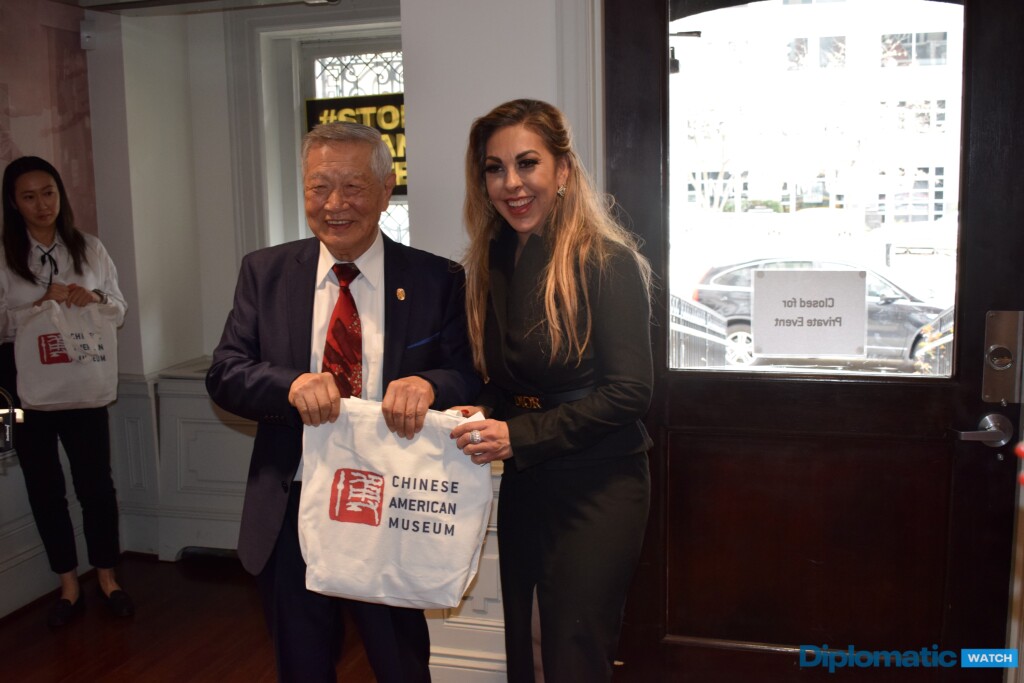
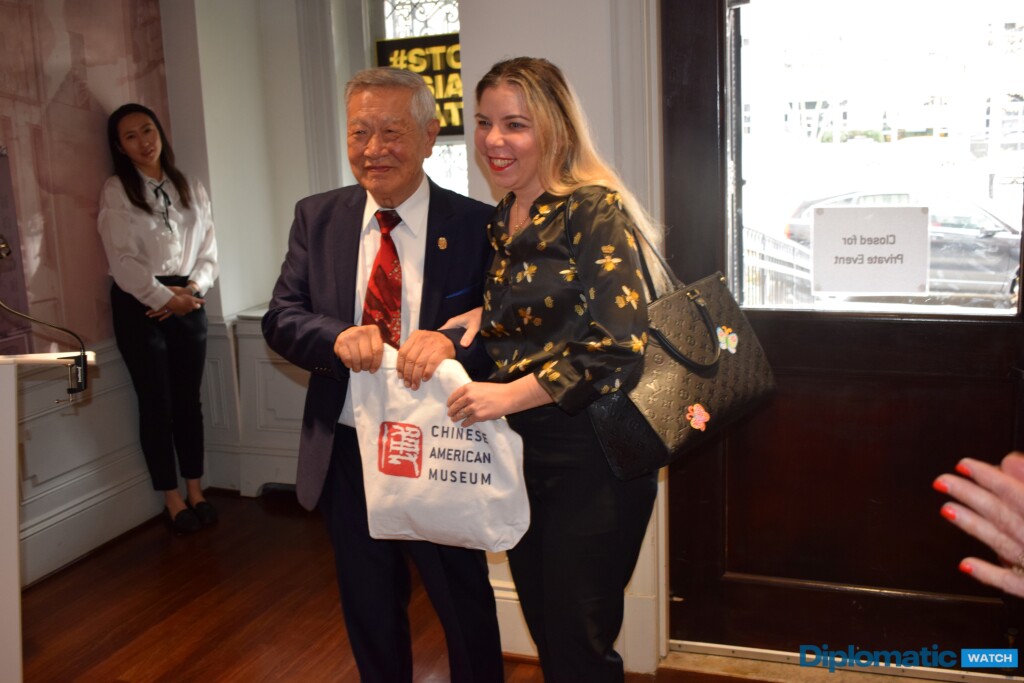

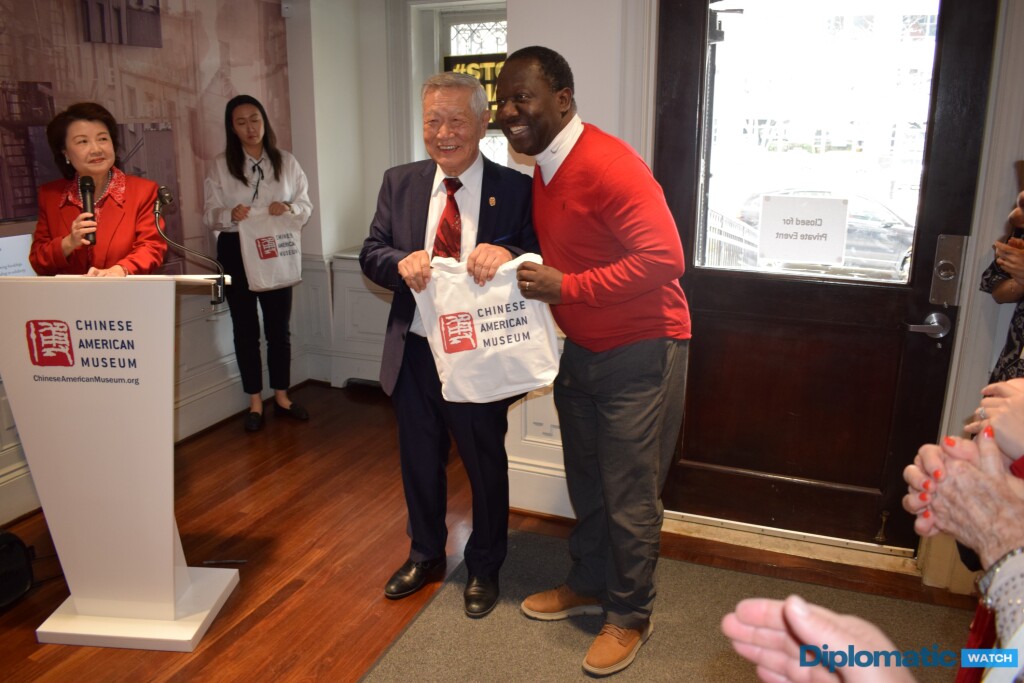
- Clarence Lam, Maryland State Senator
- Lily Qi, Maryland State Delegate
- Emine Sandy, board member at Johns Hopkins and Georgetown Universities
- Nell Calloway, CEO of Chennault Aviation and Military Museum
- Cindy Roberts Green, board member of the Smithsonian and Kennedy Center
- Ebrahim Maghsoud, regional director at McDonald’s
- Jan Du Plain, CEO of Du Plain Global Enterprise and founder of Passport DC
- Surinder Singh Gill, President of Sikh USA and former Johns Hopkins professor
- Tomiko Duggan, Vice President of Universal Peace Federation
- Guy Djoken, President of the UNESCO Center for Peace
- Denis Antoine, Vice Chairman of the UN General Assembly and former ambassador of Grenada
- Larry La, entrepreneur
Their recognition reflected the broad network of professionals who intersect at the crossroads of science, diplomacy, education, and culture—individuals whose paths, like Dr. Lee’s, stretch far beyond borders.

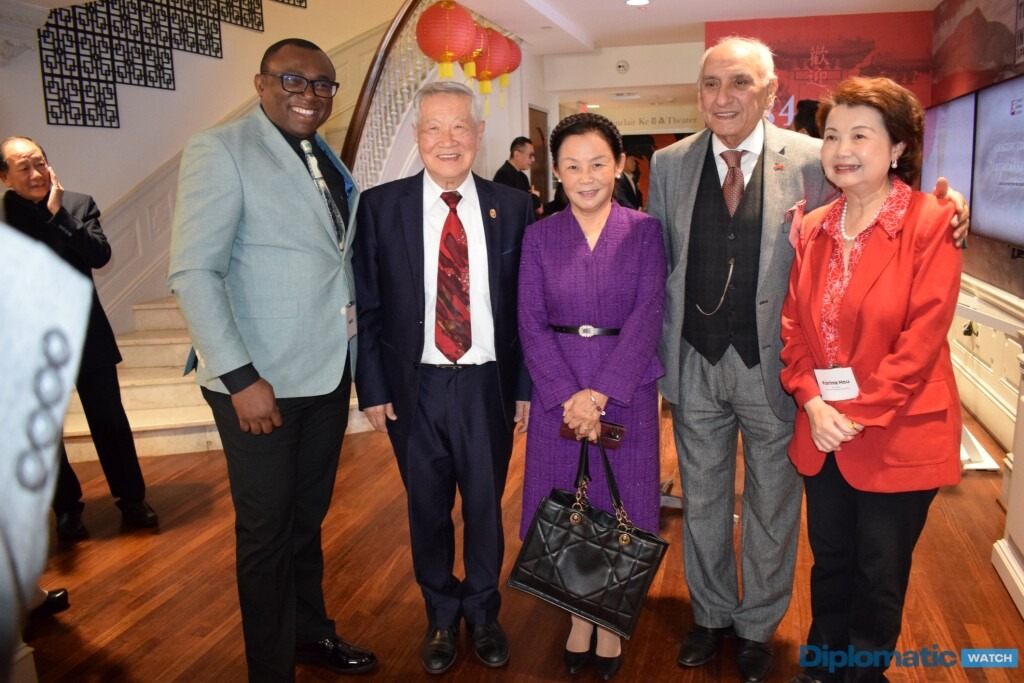
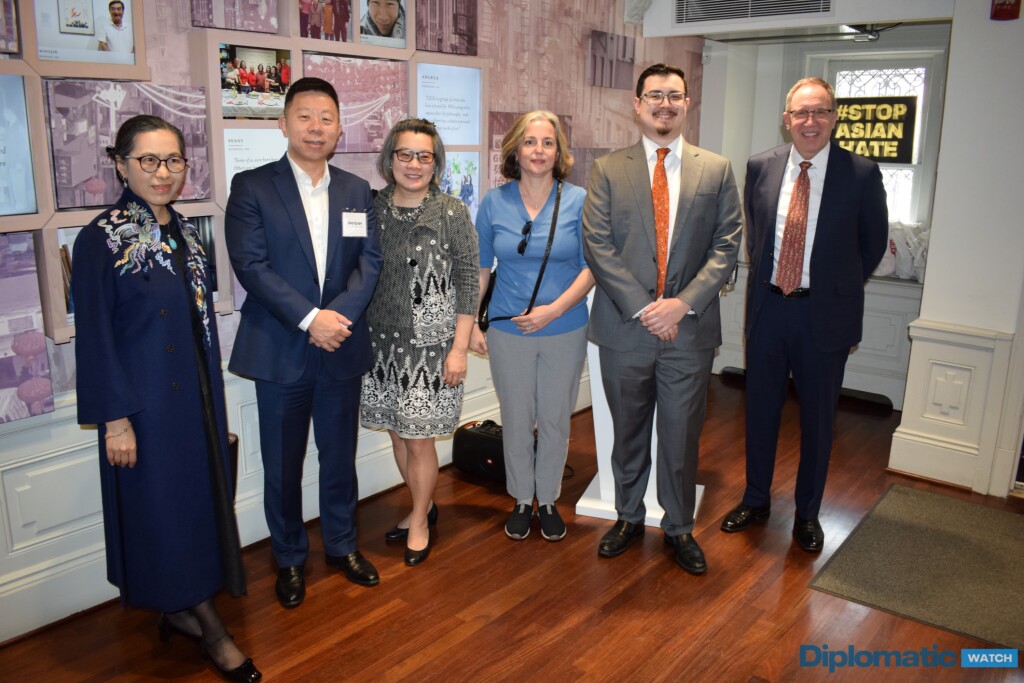
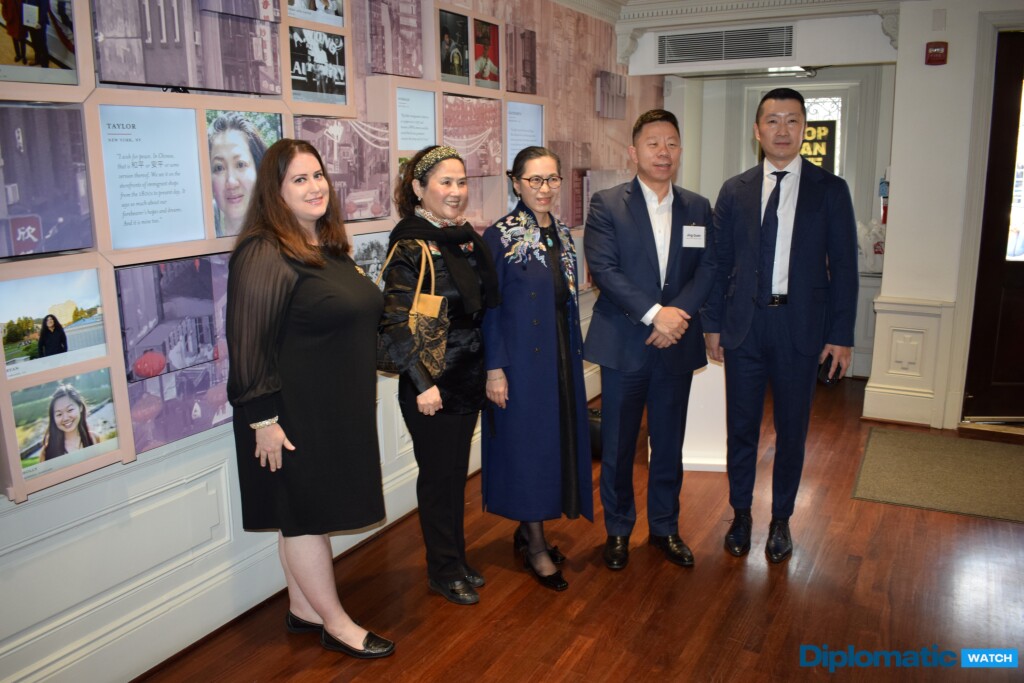

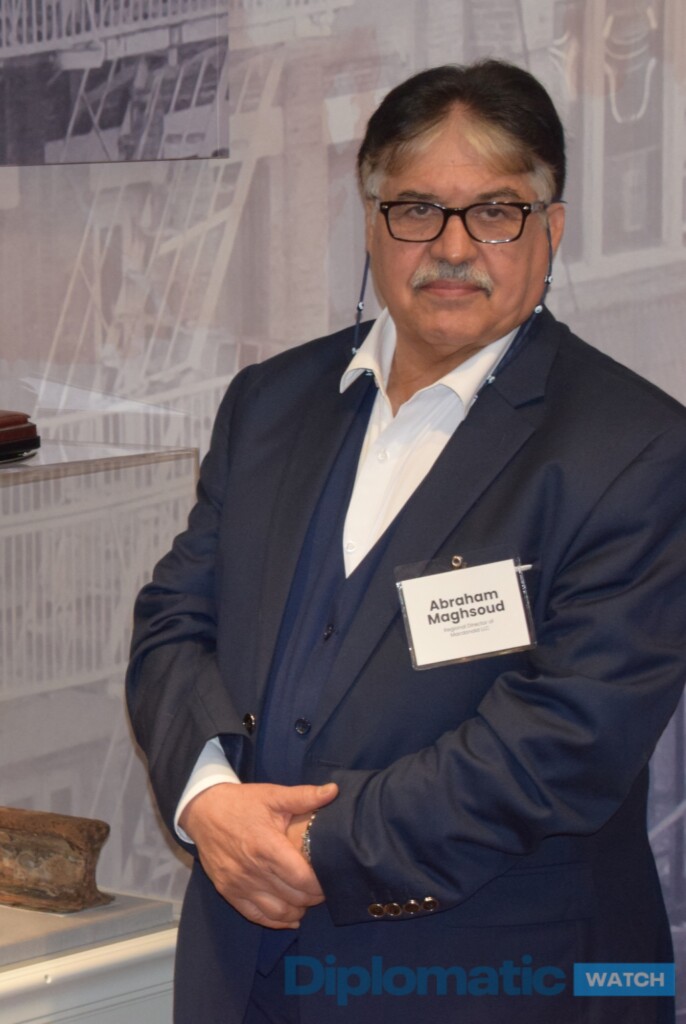
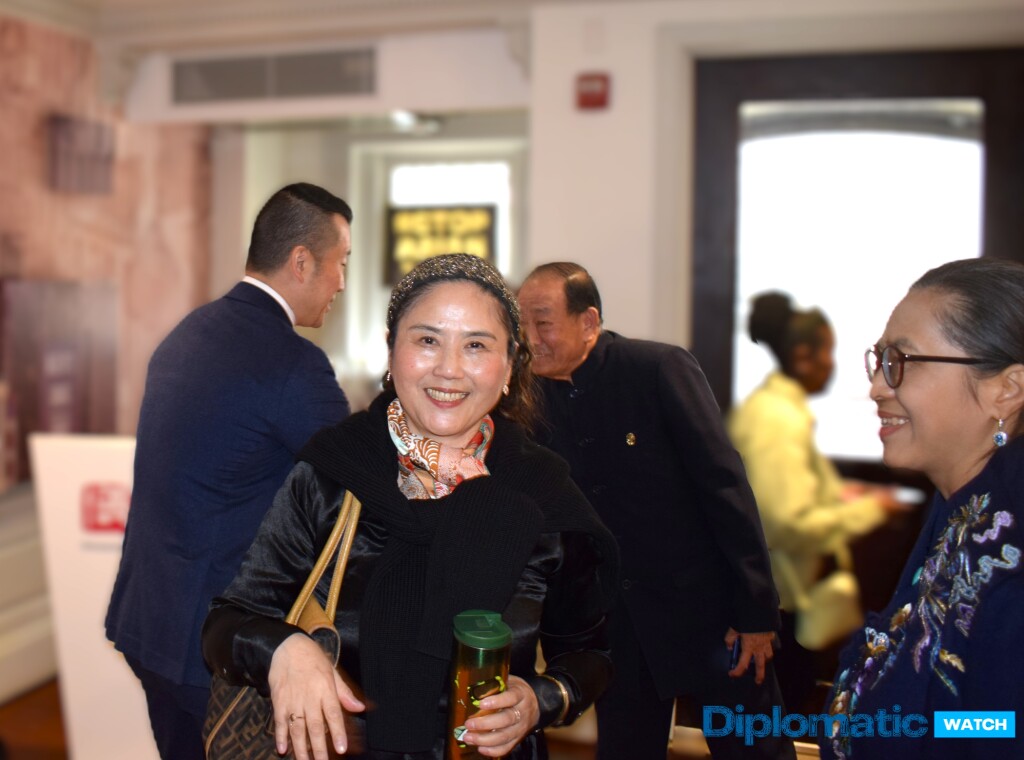
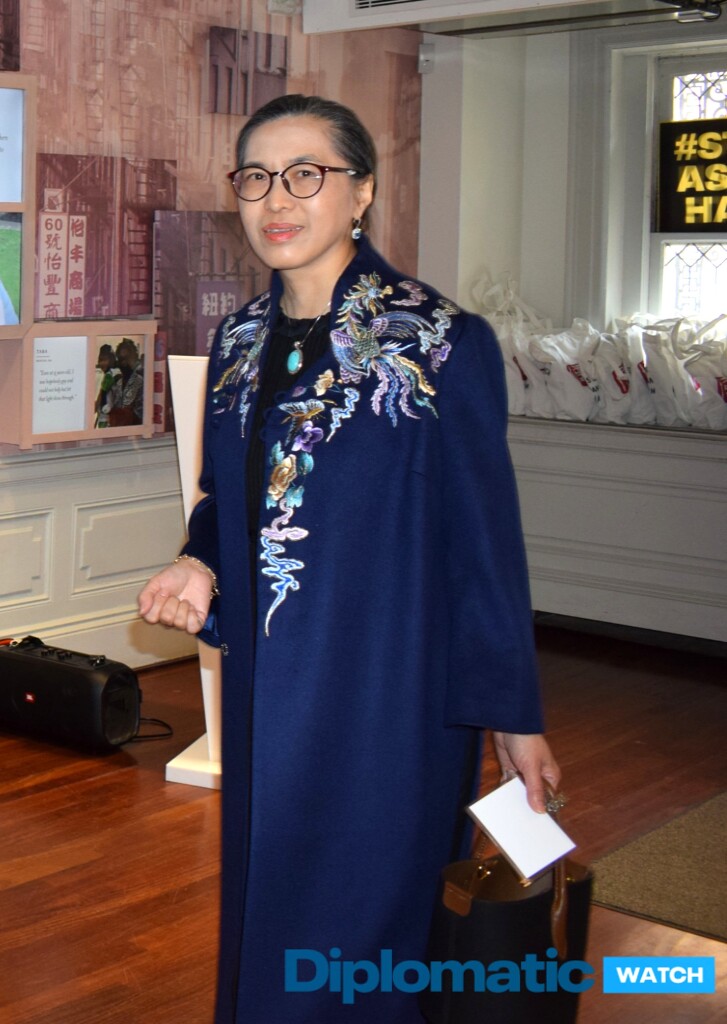
When the formal program wrapped up, guests gathered around the buffet, sharing food and conversations. The space filled with handshakes, laughter, and new connections sparked by Dr. Lee’s journey.
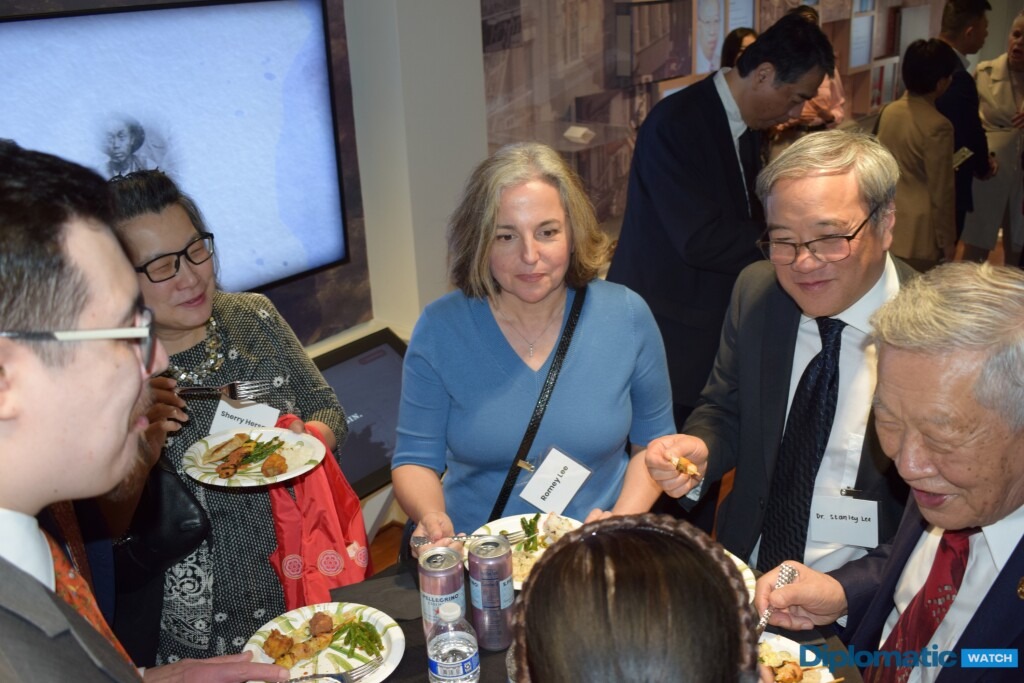

In a city that hosts diplomats, lawmakers, and changemakers daily, Dr. Lee reminded everyone that it’s not titles or power that shape history, but perseverance—and that sometimes, the impossible simply needs a second look.




